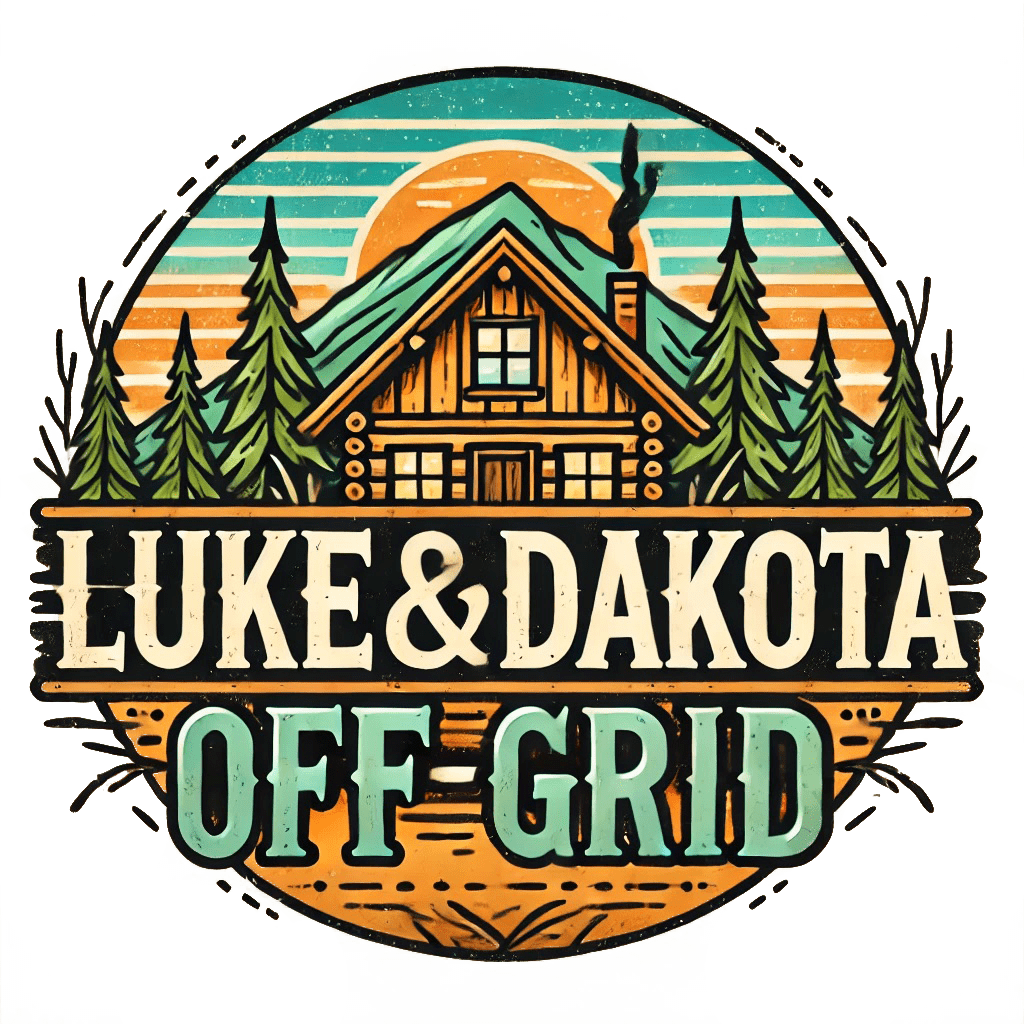The future of homesteading and off-grid living is being shaped by two of the most influential figures of our time—Donald Trump and Elon Musk. While Trump champions traditional energy and deregulation, Musk pushes for renewable energy and technological innovation. Their conflicting visions raise critical questions: Will homesteaders benefit more from energy independence through renewables, or will fossil fuel expansion provide a more stable future?
In this article, we’ll examine how their policies and business ventures impact the homesteading community, off-grid energy solutions, and rural self-sufficiency.
Trump’s Vision: Traditional Energy and Deregulation
Promoting Fossil Fuels
One of Trump’s primary policy goals has been the expansion of fossil fuels, including oil, coal, and natural gas. His administration worked to roll back environmental regulations in favor of domestic energy production, arguing that affordable and reliable fossil fuels benefit American workers, businesses, and rural communities.
What this means for homesteaders:
- Lower fuel prices for homesteads that rely on propane, diesel, or gasoline.
- More relaxed zoning laws and building codes in rural areas.
- Potential reduction in renewable energy incentives, making solar and wind power less cost-effective.
Deregulation and Limited Government
Trump has consistently advocated for reducing government oversight, particularly in industries like energy, land use, and business operations. His policies aim to remove restrictions on private landowners, allowing more flexibility for homesteaders.
Implications for off-grid living:
- Fewer bureaucratic hurdles for setting up off-grid homes and water systems.
- Possible cutbacks in rural development programs, affecting infrastructure and agricultural grants.
- Increased land-use freedoms, but with less environmental oversight on nearby industrial activities.
Musk’s Vision: Renewable Energy and Technological Innovation
Advancing Solar and Battery Technology
Elon Musk has revolutionized the renewable energy sector with Tesla’s solar panels, Powerwalls, and battery technology. His push for sustainable energy independence aligns closely with the goals of many homesteaders who want to reduce reliance on external power sources.
Why this matters for off-grid living:
- More affordable solar panel systems and long-lasting battery storage.
- Decentralized energy options, reducing dependency on power grids.
- Expanded access to Starlink internet, enabling connectivity in remote locations.
SpaceX, Mars Colonization, and Off-Grid Innovation
Musk’s long-term vision includes settling Mars, a challenge that requires extreme self-sufficiency, renewable energy, and sustainable agriculture—all key components of off-grid living on Earth.
Potential benefits for homesteaders:
- Breakthroughs in water filtration and food production could improve sustainability.
- Expansion of smart technology for homesteads, including automated greenhouses and AI-powered resource management.
- More affordable off-grid solutions as technology scales and becomes mainstream.
Points of Contention: Conflicting Policies and Philosophies
Climate Change and Environmental Policies
- Trump’s stance: Deregulation and withdrawal from climate agreements, favoring economic growth over environmental restrictions.
- Musk’s stance: A strong advocate for climate action, renewable energy, and reducing carbon emissions.
For homesteaders, the debate centers on short-term affordability vs. long-term sustainability. Should homesteads rely on traditional, proven energy sources, or transition to renewable energy despite initial costs?
Government vs. Private Sector Influence
Trump’s policies favor limited government intervention, allowing homesteaders to make their own land-use decisions. Musk, on the other hand, is shaping the future through private enterprise, providing tools for sustainability but also increasing reliance on corporate-driven technology like Tesla and Starlink.
Key questions for homesteaders:
- Should off-grid communities depend on self-governance, or will corporate tech become a necessity?
- Does deregulation truly benefit rural living, or does it increase risks for small landowners?
How Homesteaders Can Prepare for the Future
Choosing the Right Energy Source
- If you align with Trump’s vision: Consider utilizing fossil fuel generators, propane heating, and deregulated land-use policies.
- If you align with Musk’s vision: Invest in solar panels, battery storage, and energy-efficient smart technology.
Leveraging Policy Changes
- Stay informed on new legislation affecting land rights, water usage, and renewable energy incentives.
- Look for federal or private grants that support either traditional agriculture or green energy projects.
Balancing Independence with Innovation
- Traditional homesteading values emphasize low-tech, self-reliant solutions, but adopting modern innovations like water filtration, solar tech, and AI-driven farming could enhance efficiency.
- Weigh the pros and cons of government deregulation vs. corporate influence when planning long-term sustainability.
Conclusion: Which Vision Will Shape Homesteading?
The future of homesteading is at a crossroads. Trump’s focus on deregulation and fossil fuels offers short-term economic stability, while Musk’s innovations in renewable energy and technology promise long-term sustainability and independence.
As off-grid living gains popularity, homesteaders must decide which path best suits their needs—whether it’s embracing deregulated traditional energy or investing in cutting-edge renewable solutions. The key to success lies in staying informed, adapting to changes, and finding a balance between old-world self-sufficiency and modern innovation.
What do you think? Do Trump’s policies or Musk’s innovations offer a better future for homesteading? Share your thoughts in the comments below!

